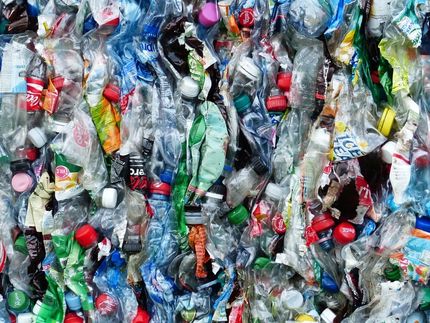Bayer MaterialScience to build industrial-scale facility for eco-friendly chlorine production
Contract signed with Uhde
Bayer MaterialScience has signed a contract with plant engineering company Uhde to build a new plant for chlorine production based on common salt. The plant, which will have an annual capacity of 20,000 metric tons and be built at Chempark Krefeld-Uerdingen in Germany, is scheduled to start operating in the first half of 2011.
It will be the first time that chlorine has been produced on an industrial scale using the innovative oxygen depolarized cathode specially developed by Bayer MaterialScience in electrolysis cells from UHDENORA. Electricity consumption will be up to 30 percent lower than in standard membrane technology, resulting in an indirect reduction of up to 10,000 metric tons of CO2 emissions each year.
Bayer MaterialScience and Uhde initiated the project in cooperation with RWTH Aachen University, Clausthal University of Technology and Dortmund University. Funding has been obtained from the BMBF (German Federal Ministry of Education and Research) under the FONA (Research for Sustainability) program. FONA supports initiatives for improved energy efficiency and higher raw material productivity. The projects receiving funding actively help counter the impact of climate change.
Electrochemical chlorine production is currently one of the most energy-intensive processes in the chemical industry. Large quantities of chlorine are used for the production of plastics in particular and also for the manufacture of pharmaceuticals. Currently, chlorine is mainly produced using the membrane process. By feeding in gaseous oxygen, the new technology enables electrolysis to be performed at a lower voltage. This also reduces CO2 emissions. Bayer MaterialScience has been using its oxygen depolarized cathode technology based on hydrochloric acid electrolysis on a large industrial scale at the Bayer Integrated Site Shanghai (BISS) in China and in Brunsbuettel, Germany.
Topics
Organizations
Other news from the department business & finance

Get the chemical industry in your inbox
By submitting this form you agree that LUMITOS AG will send you the newsletter(s) selected above by email. Your data will not be passed on to third parties. Your data will be stored and processed in accordance with our data protection regulations. LUMITOS may contact you by email for the purpose of advertising or market and opinion surveys. You can revoke your consent at any time without giving reasons to LUMITOS AG, Ernst-Augustin-Str. 2, 12489 Berlin, Germany or by e-mail at revoke@lumitos.com with effect for the future. In addition, each email contains a link to unsubscribe from the corresponding newsletter.

























































